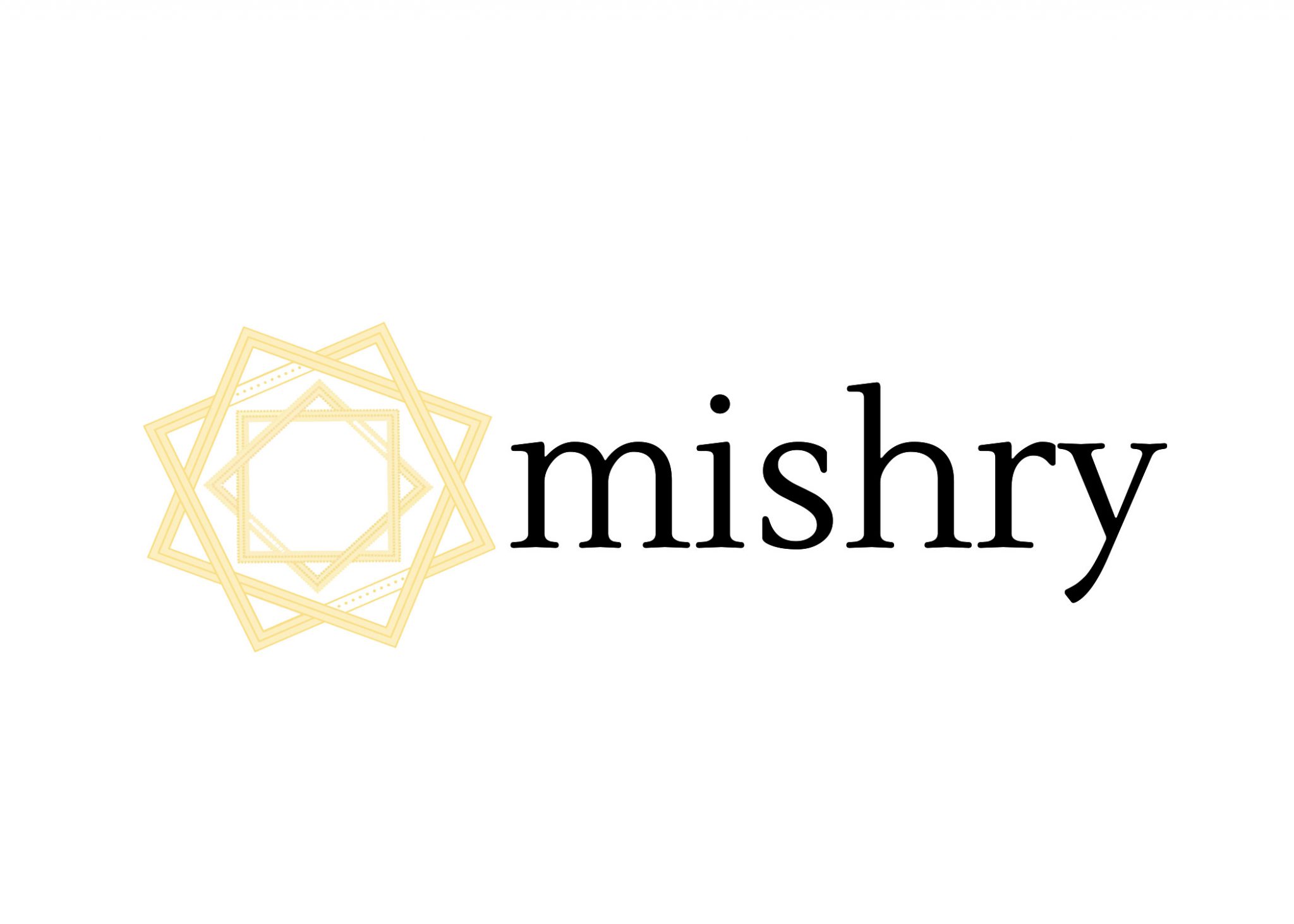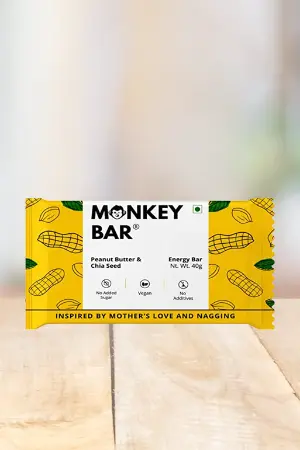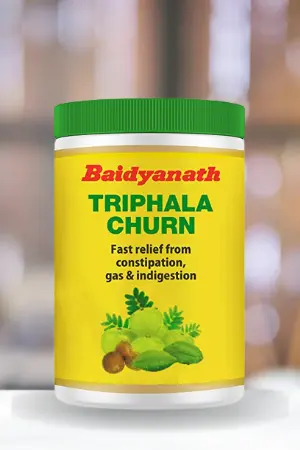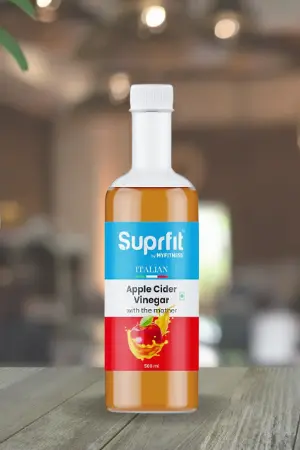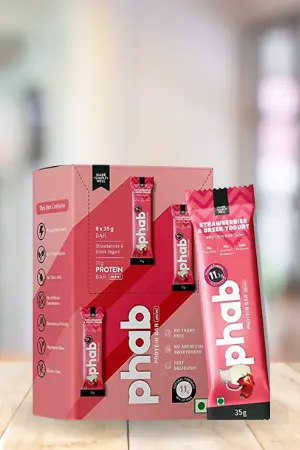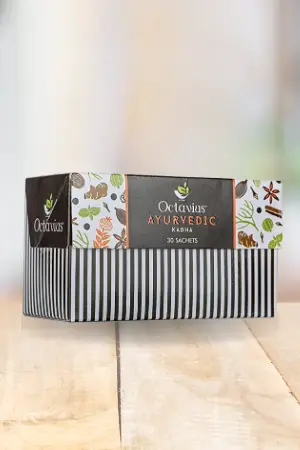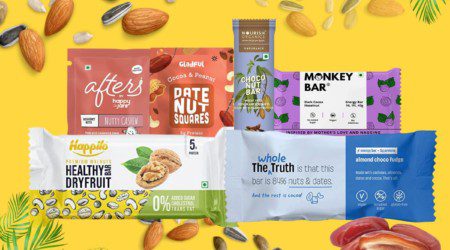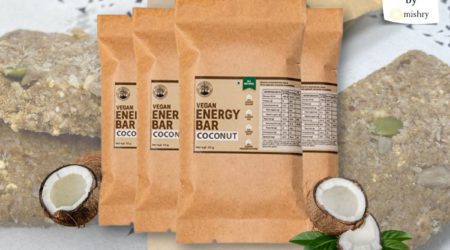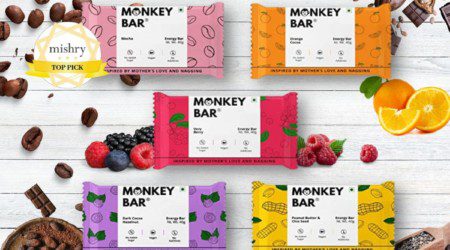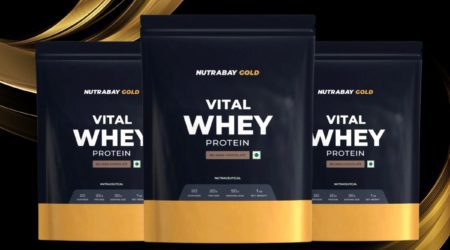Top 10 Benefits Of A Protein-Rich Diet
A balanced diet, full of protein-rich foods like paneer, soya, tofu, and chicken helps in promoting muscle growth and healthy weight loss. Here is a list of the top health benefits of eating a high-protein diet.
Our reviews are research-based, and all trials and testings are conducted in-house over days and weeks. We have a strict no-free-sample policy to ensure our reviews are fair and impartial.
Protein is one of the most important macro-nutrients required by our body. It’s a crucial building block that helps lay the foundation for making and repairing tissues. Protein is also an important component of bones, muscles, skin and even hair and nails. Without an adequate supply of protein to the body, most organs would be unable to work well.
While a basic balanced diet can make up for the body’s requirement for protein, some people may need more protein than others. If you are looking to increase muscle mass and reduce body fat, then your requirement for protein will be higher.
In fact, most people when trying to lose weight will replace carbohydrates with healthier portions of protein. But the benefits of a protein-rich diet go beyond just weight loss.
Table of Contents
Watch Video: Top Benefits Of A Protein-Rich Diet
Top 10 Benefits Of Eating A Protein-Rich Diet
Here are the TOP 10 Benefits of eating a protein-rich diet that we must all we aware of.
1. Keeps you full for longer and helps weight loss
Protein is a macro-nutrient that is harder to digest, thus it is responsible for a feeling of fullness that lasts longer and helps you stay away from unnecessary snacking. When you don’t feel sudden hinger pangs, and are not tempted to grab that closest packet of chips/cookies, you will find it easier to meet your weight loss goals.
2. Helps you portion control
Another advantage of eating a protein-rich diet is that is helps to control the portion sizes of your meals. Wight loss, at the end of the day, is a matter of simple math.
Your intake of calories has to be lower than the number of calories the body is burning, only then with the negative calorie deficit will you lose weight. Since consumption of a protein-rich diet helps you feel full for longer, you tend to not overeat and exercise restraint in the quantity of meals. Second and third helpings can be completely avoided when you eat a healthy dose of protein rich dishes.
Related Reading
Egg Diet Plan: What to eat? | Benefits And Side-Effects | Is It Safe?
3. Helps in muscle growth
The most well-known benefit of consuming protein is its positive impact on your muscle growth. Protein provides the body with essential amino acids which are required to replace muscle tissues after exercise. That is precisely the reason experts recommend that those exercising regularly or gym and weight-training enthusiasts must eat a protein-rich diet.
Always depend on a variety of nutrient sources for overall health and wellness: Don’t just rely on protein alone for your energy needs. It is important to note that apart from the intake of protein, carbohydrates are also required in order to provide our body with the energy it requires to function.
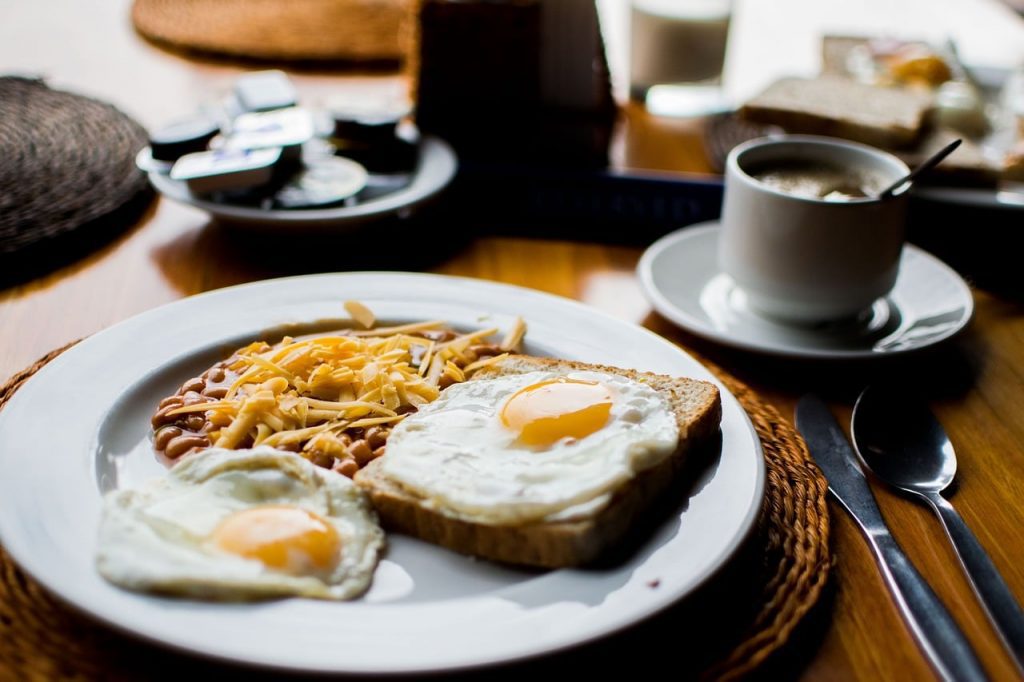

4. Manage your blood glucose level
As the time taken for the digestion of proteins is longer, it helps in balancing out the glucose and insulin levels of the blood. When sugar is consumed, insulin is secreted by your pancreas in order to break down the glucose molecules.
However, if your consumption of glucose is higher, it would increase your blood’s sugar level. Thus, a diet low in carbs and rich in protein helps by slowing down your body’s absorption rate, giving the pancreas enough time for the secretion of insulin, thereby helping maintain blood sugar levels.
5. Improves brain function
Another most important benefit of a protein-rich diet is its ability to improve our cognitive functions. The amino acids, which are formed by the synthesis of protein, help in the formation of neurotransmitters, and other enzymes, which are required to keep our energy level up and help us concentrate.
6. Slows down ageing
Free radicals and related oxidative stress can lead to the body showing signs of aging. However, an antioxidant called glutathione, which is usually resent in protein-rich food items, is responsible for tackling the adverse effects caused.
A protein-rich diet helps delay signs of aging: The amino acids formed due to the synthesis of protein helps in reducing the rate of muscle loss due to aging.
7. Good for Your Bones
This is based on the idea that protein increases acid in the body, leading to calcium sticking from your bones in order to normalize the acid.
8. Boosts Metabolism and Increases Fat Burning
This is because your body uses calories to digest and make use of the consumed nutrients in foods.
9. Helps Your Body Repair Itself After Injury
It forms the main building blocks of your tissues and organs as protein is known to do so.
10. Does Not Harm Healthy Kidneys
It is a fact that restricting protein intake can benefit people with existing kidney problems. Protein should not be taken lightly or that much which can be used to avoid protein deficiency or else kidney problems can be very serious.
19 foods that are high in protein
1. Eggs
Protein content: 35% of calories in a whole egg. 1 large egg has 6 grams of protein, with 78 calories.
2. Almonds
Protein content: 13% of calories. 6 grams per ounce (28 g), with 161 calories.
Other High-Protein Nuts
Pistachios (13% of calories) and cashews (11% of calories).
3. Chicken Breast
Protein content: 80% of calories. 1 roasted chicken breast without the skin contains 53 grams, with only 284 calories.
4. Oats
Protein content: 15% of calories. Half a cup of raw oats has 13 grams, with 303 calories.
5. Cottage Cheese
Protein content: 59% of calories. A cup (226 g) of cottage cheese with 2% fat contains 27 grams of protein, with 194 calories.
Other Types of Cheese That Are High in Protein
Parmesan cheese (38% of calories), swiss cheese (30%), mozzarella (29%) and cheddar (26%).
6. Greek Yogurt
Protein content: Non-fat Greek yogurt has a protein at 48% of calories. One 6-ounce (170-gram) container has 17 grams of protein, with only 100 calories.
Just make sure to choose one without added sugar. Full-fat Greek yogurt is also very high in protein but contains more calories.
Similar Options
Regular full-fat yogurt (24% of calories) and kefir (40%).
7. Milk
Protein content: 21% of calories. 1 cup of whole milk contains 8 grams of protein, with 149 calories.
8. Broccoli
Protein content: 20% of calories. 1 cup (96 grams) of chopped broccoli has 3 grams of protein, with only 31 calories.
9. Tuna
Protein content: 94% of calories, in tuna canned in water. A cup (154 g) contains 39 grams of protein, with only 179 calories.
10. Quinoa
Protein content: 15% of calories. One cup (185 g) of cooked quinoa has 8 grams, with 222 calories.
Related Reading: We review products over days, and sometimes weeks, so you can shop better.
11. Whey Protein Supplements
Protein content: Varies between brands. Can go over 90% of calories, with 20-50 grams of protein per serving.
12. Lentils
Protein content: 27% of calories. 1 cup (198 g) of boiled lentils contains 18 grams, with 230 calories.
Other High-Protein Legumes
Soybeans (33% of calories), kidney beans (24%) and chickpeas (19%).
13. Ezekiel Bread
Protein content: 20% of the calories. 1 slice contains 4 grams, with 80 calories.
14. Pumpkin Seeds
Protein content: 14% of calories. 1 ounce (28 g) has 5 grams of protein, with 125 calories.
Other High-Protein Seeds
Flax seeds (12% of calories), sunflower seeds (12%) and chia seeds (11%).
15. Turkey Breast
Protein content: 70% of calories. One 3-ounce (85 g) serving contains 24 grams, with 146 calories.
16. Fish (All Types)
Protein content: Highly variable. Salmon is 46% protein, with 19 grams per 3-ounce (85 g) serving and only 175 calories.
17. Shrimp
Protein content: 90% of calories. A 3 ounce (85 g) serving contains 18 grams, with only 84 calories.
18. Brussels Sprouts
Protein content: 17% of calories. Half a cup (78 g) contains 2 grams of protein, with 28 calories.
19. Peanuts
Protein content: 16% of calories. One ounce (28 g) has 7 grams, with 159 calories.
Is too much protein bad for kidneys?
Protein diet is not harmful as protein is known to be the building blocks of organs, muscles, skin, hormones and pretty much everything that matters in your body. It is said that a high protein diet is not harmful, particularly when followed for a short time. Such diets may help with weight loss by making you feel full.
- The risks of using a high-protein diet with no carbohydrate for the long term are still being studied, but several health problems may result if a high-protein diet is followed for an extended time.
- Some high-protein diets are said to be followed in such a way that there should be less or no intake of carbohydrates which can cause nutritional deficiencies or insufficient fiber, which can result in problems such as bad breath, headache, and constipation.
- Some high-protein diets include foods such as red meat and full-fat dairy products, which may increase your risk of cardiovascular disease which is also known as heart-related issues.
- A high-protein diet may result in a problem of kidney functioning in people with kidney disease as your body may face problems in eliminating all the waste products of protein metabolism.
It is always preferred to have a word with your doctor before starting any type of diet and especially in the cases of kidney disease, diabetes or other chronic health condition if you are suffering from one.
What happens if you eat too much protein?
1. Your Breath Smells Bad
2. Your Body Loses a Certain Amount of Calcium
3. You Actually GAIN Weight
4. You Become Dehydrated
5. Your Kidneys Start to Suffer
How Much Protein Should You Consider For Your Diet
As we have learned, protein is quite essential for your body’s growth from muscle, to skin, bone and brain. However, we must also take into account that too much of protein can disrupt your balanced diet and at some point might also result in weight gain.
Hence, it is important to note that protein must be added to your diet in a regulated quantity.
The average consumption protein among individual must be between 50-60g based on the individual’s needs. Make sure you add protein to your diet through a variety of sources, and not just depend on one.
